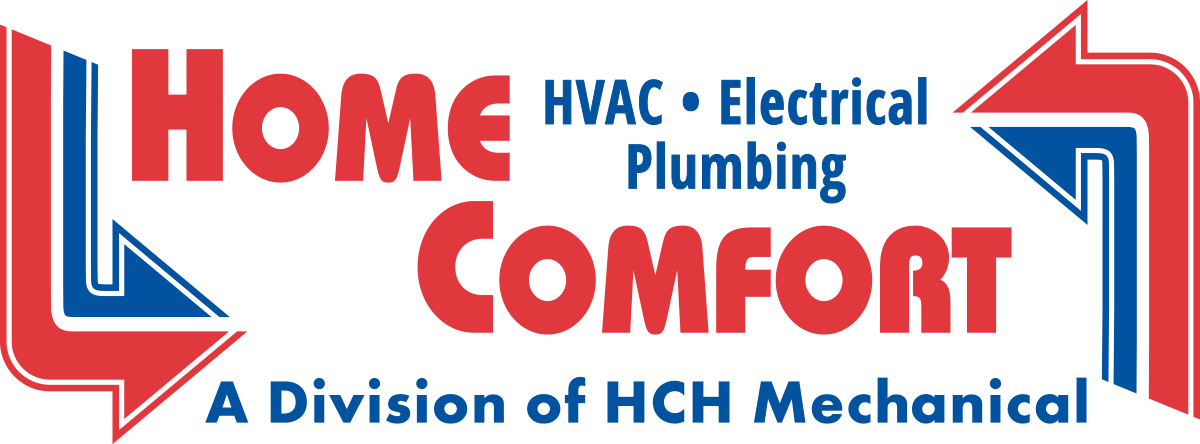Completing the search for your first home is exciting. You’re likely juggling a dozen things or more to ensure you’re making the right choice. We believe that gaining insight into your future HVAC system is crucial. The property’s HVAC system represents a significant investment and potential source of long-term costs, which is why due diligence is important for first-time homebuyers.
In the following guide, we’ll share seven tips for learning everything you can about a home’s heating and cooling system. And if you want a more in-depth opinion from the experts, feel free to call Home Comfort. Our seasoned technicians can share details about your options with industry insights that are second to none.
1. Which Kind of HVAC System Does the Home Use?
Start by clarifying what type of HVAC system the home includes. Furnaces tend to last longer compared to air conditioners, and relatively new types of HVAC products like heat pumps boast average life spans that are impressively long. Getting the details on the make and specific model provides a clear idea of how much maintenance it will require.
2. What Is the Current System’s Age?
It’s just as smart to learn how old the HVAC system is when you’re considering a new home. For the most part, HVAC systems tend to run for about 10-12 years. Having the knowledge of when it was installed helps you plan for possible repair needs or considerations if it might shut down for good. Older systems are more prone to problems, so planning ahead of time for a replacement unit could be necessary sooner than you thought.
3. Does the System Have a Warranty?
Be sure to check the HVAC system is covered by a warranty. If it is, that’s great news because it can help with maintenance costs. HVAC warranties often cover parts and labor, but the details in each policy will vary. Don’t forget to look into any terms that aren’t familiar to make sure you fully understand your coverage and any possible out-of-pocket costs.
4. When Was the Last Time It Received Maintenance?
Take a close look at the maintenance history of the HVAC system, if the records are accessible. This kind of information can reveal if the repair needs are high or how often a tune-up was scheduled. Ask about records for key tasks like filter changes, which is a positive sign indicating regularly scheduled tune-ups.
5. Are You Aware of the System’s Energy Efficiency Ratings?
Finding a home that features an HVAC system with great energy efficiency can lead to lower utility bills and a smaller environmental impact. Locate the seasonal energy efficiency ratio (SEER) ratings for air conditioning and the annual fuel utilization efficiency (AFUE) for furnaces. High SEER ratings mean more efficient cooling throughout the season, while high AFUE ratings indicate that the fuel is efficiently converted into useable heat.
6. Can You Spot Trouble After Your Own Inspection?
Even if you don’t have the know-how of an HVAC technician, it’s still a good idea to check out the HVAC system yourself. Keep an eye out for signs of problems that weren’t mentioned by the seller or real estate agent. This includes strange noises, spots with uneven heating or cooling and attempts to cover up any visible damage.
7. Have You Sought Out Expert Advice?
If you’re still hesitant to make an offer because of the current state of the HVAC system, it’s never a bad idea to get a professional opinion from certified HVAC professionals. They are skilled at identifying things you might miss, including leaks in the refrigerant, damage to the wiring or inefficient ductwork.
A Chat with Home Comfort Simplifies Your Home-Buying Journey
Selecting your first home ought to be exciting, and Home Comfort will do everything possible to ensure that doesn’t change. Reach out with us at 541-345-2838. We can discuss how our HVAC services give you peace of mind, giving you what you need to dive into home-ownership with confidence.
